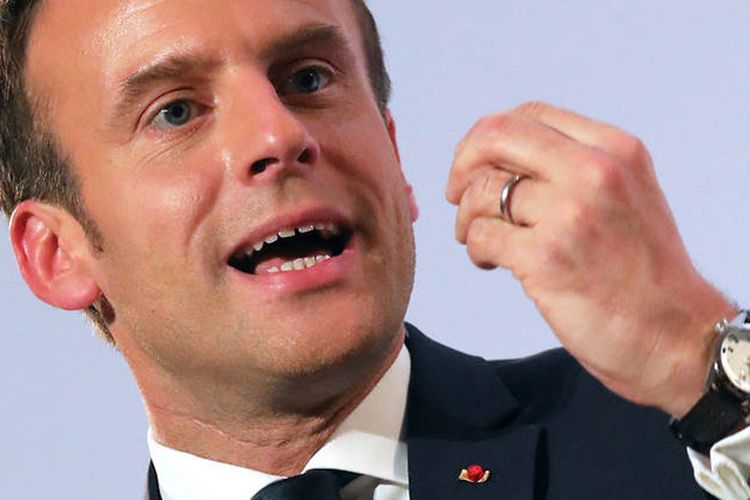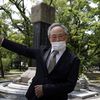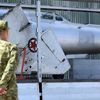France’s Emmanuel Macron Pledges Support during Visit to Lebanon
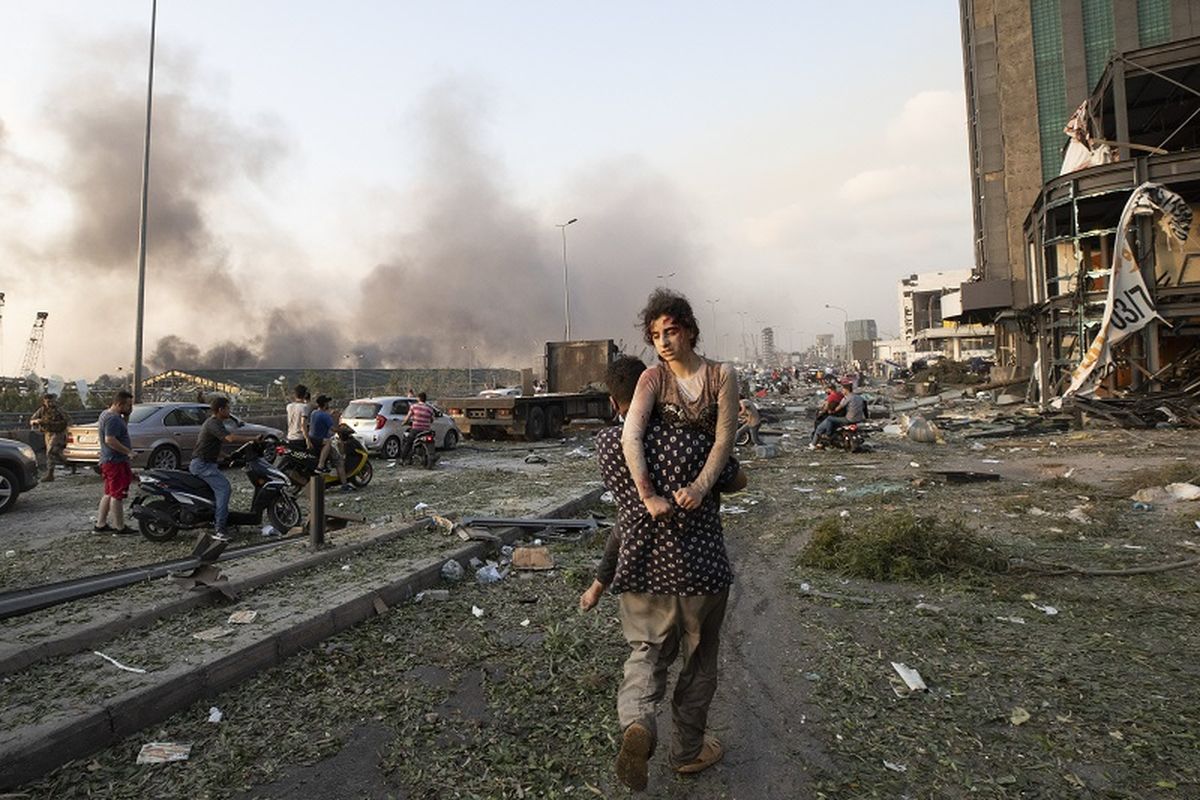
Offering a glimmer of hope amid the carnage, a French rescuer said there was a "good chance of finding... people alive", especially a group believed to be trapped in a room under the rubble.
"We are looking for seven or eight missing people, who could be stuck in a control room buried by the explosion," the colonel told Macron as he surveyed the site.
'Shock to anger'
Paris has spearheaded international mobilization in support of Lebanon, where flights carrying medical aid, field hospitals, rescue experts and tracking dogs have arrived since Wednesday.
Beirut's governor estimated up to 300,000 people have been left temporarily homeless by the destruction, which he said would cost the debt-ridden country in excess of three billion dollars.
According to several officials, the explosion was caused by a fire igniting 2,750 tonnes of ammonium nitrate fertilizer stored for years in the warehouse.
Even as they counted their dead and cleaned up the streets, many Lebanese were boiling with anger over a blast they see as the most shocking expression yet of their leadership's incompetence.
Read also: One Indonesian Citizen among Thousands Injured in Twin Beirut Blast
"We can't bear more than this. This is it. The whole system has got to go," said 30-year-old Mohammad Suyur as he picked up broken glass in Mar Mikhail, one of the worst-hit city districts.
Prime Minister Hassan Diab and President Michel Aoun have promised to put the culprits behind bars, but trust in institutions is low and few on Beirut's streets held out hope for an impartial inquiry.
The disaster could reignite a cross-sectarian protest movement that erupted last October and had looked briefly like it could topple what activists consider a hereditary kleptocracy.
The euphoria had faded amid grinding economic hardship and the coronavirus pandemic. But since the disaster, social media is once more rife with calls to kick out Lebanon's widely reviled leaders.
"Lebanon's political class should be on guard in the weeks ahead," Faysal Itani of think-tank the Center for Global Policy wrote in The New York Times.
"Shock will inevitably turn to anger."
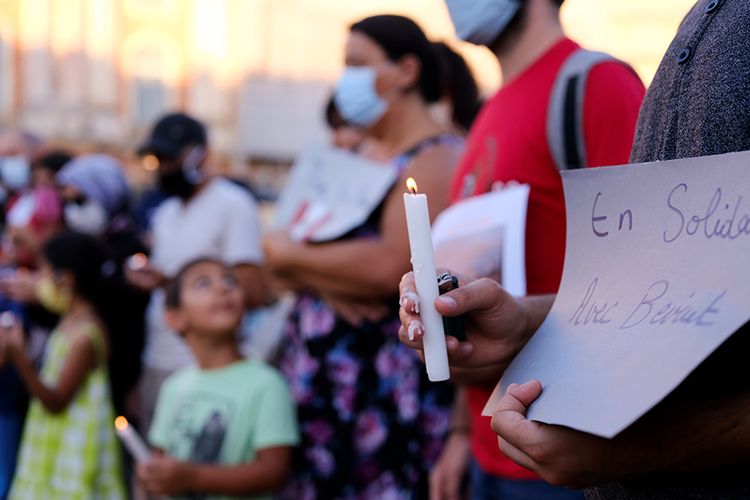
Spontaneous solidarity

